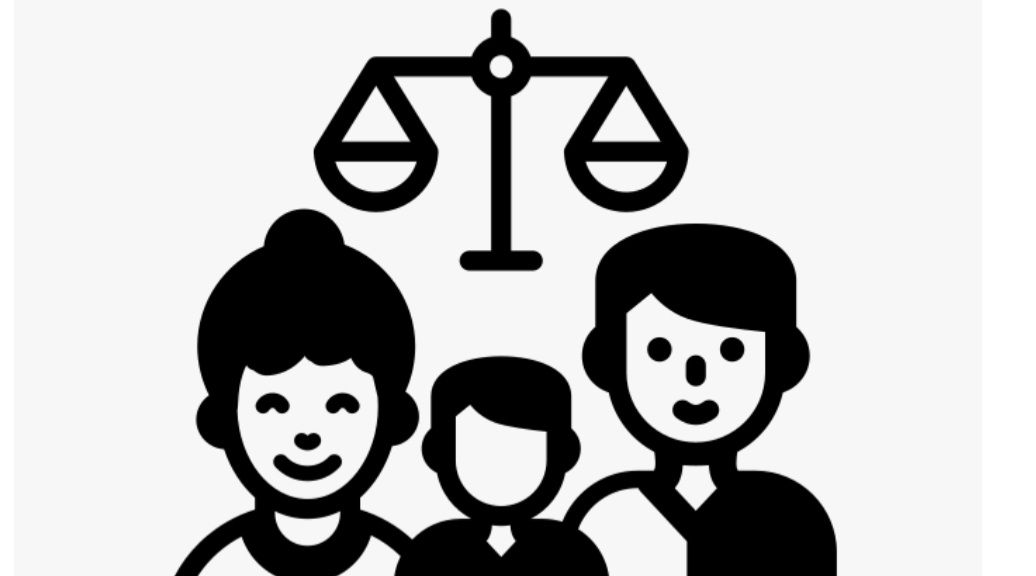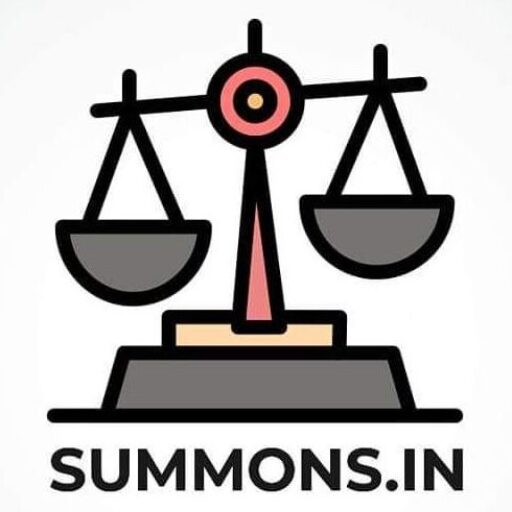
Education is not just a fundamental right but also a key pillar of personal growth and self-reliance. When a husband compels his wife to discontinue her studies against her will, it not only obstructs her intellectual and professional development but also amounts to cruelty under matrimonial laws. Courts in India have repeatedly held that depriving a spouse of their aspirations and autonomy can constitute mental and emotional cruelty, thereby providing grounds for divorce.
Legal Framework on Cruelty
Cruelty, as a ground for divorce, has been well recognized under Section 13(1)(ia) of the Hindu Marriage Act, 1955. The Supreme Court and various High Courts have ruled that cruelty is not confined to physical violence but also includes mental and emotional distress caused by one spouse to another. In recent judicial pronouncements, courts have acknowledged that forcing a wife to abandon her education or career aspirations is a violation of her fundamental rights and constitutes cruelty.
Judicial Precedents
The courts have consistently taken a progressive approach in cases where husbands have denied their wives the right to education. In one such case, the court ruled that forcing a wife to discontinue her studies amounts to psychological harassment and is sufficient grounds for divorce. The judiciary has emphasized that marriage should be a partnership of equals, where both spouses support each other’s personal and professional aspirations.
Recent Judicial Pronouncements
A landmark judgment by the Madhya Pradesh High Court in March 2025 reaffirmed that compelling a wife to discontinue her education constitutes mental cruelty. The court ruled in favor of a woman who was forced to abandon her studies by her husband and in-laws. The judgment emphasized that depriving a wife of her right to education amounts to a violation of Article 21 of the Constitution, which guarantees the right to live with dignity. This ruling has set a significant precedent in matrimonial law, reinforcing the principle that educational aspirations are a fundamental right of every individual.
Impact of Forcing a Wife to Discontinue Studies
- Violation of Fundamental Rights: Article 21 of the Indian Constitution guarantees the right to live with dignity, which includes the right to education. Any act that curtails a woman’s pursuit of knowledge is an infringement of this fundamental right.
- Emotional and Psychological Impact: Denying a wife the opportunity to complete her education can lead to feelings of inadequacy, depression, and a loss of self-worth, thereby amounting to mental cruelty.
- Financial Dependence: Education is a stepping stone to financial independence. Forcing a wife to quit her studies can lead to long-term economic dependence, leaving her vulnerable in case of marital discord.
- Negative Societal Impact: A society that discourages women from pursuing education reinforces gender disparity and slows down overall socio-economic progress.
Legal Remedies for the Aggrieved Wife
A woman who is compelled to discontinue her studies against her will has several legal options:
- Filing for Divorce on Grounds of Cruelty: If the act of compelling discontinuation of education leads to mental agony, the wife can seek divorce under Section 13(1)(ia) of the Hindu Marriage Act, 1955.
- Seeking Protection under the Domestic Violence Act, 2005: The Act recognizes emotional and psychological abuse and provides legal remedies such as protection orders and monetary relief.
- Approaching the Family Court for Intervention: A wife can seek judicial intervention to assert her right to education and protection from coercion.
- Filing a Complaint with the Women’s Commission: The National and State Women’s Commissions take cognizance of such matters and can intervene to safeguard women’s rights.
Conclusion
Marriage should be based on mutual respect, equality, and encouragement. Compelling a wife to discontinue her education is an outdated patriarchal notion that has no place in a progressive society. Courts have rightly recognized this act as cruelty, reinforcing a woman’s right to education and personal growth. It is imperative for the legal system, policymakers, and society to work together in ensuring that every woman has the freedom to pursue her aspirations without any undue constraints.
